5 Common Mistakes to Avoid When Applying for a Home Loan
Thinking about buying a home? It’s exciting, but what you do during the mortgage process can make or break your loan approval. Don’t stress, though. I’ve got you covered with the five biggest mistakes to avoid so you can sail through the process and land those keys without a hitch. Let’s dive in!
1. Making Major Purchases & Changing Your Financial Situation
Whether it’s applying for credit at your local department store (not recommended on all accounts) or buying your spouse their dream car, making major purchases or applying for any credit while your home loan application is in process, is a huge No-No.
Applying for more credit, financing, or any other type of financial changes can affect your Debt-To-Income Ratio, and possibly lower your credit if hard inquiries are done for these approvals.
Additionally, if you change anything else about your “financial picture” during the loan application process, the underwriter will have to reassess your debt, income, job stability, etc. which may adversely affect your approval.
Lenders assess your financial stability based on your credit, income, and assets during pre-approval. Major changes like switching jobs, quitting, or significantly altering your income can disrupt this assessment. Steer clear from changing jobs or making any major purchases without consulting your lender or taking any unpaid leave that affects your earnings. If you must change jobs, ensure it doesn’t jeopardize your ability to repay.
2. Draining Savings or Moving Money Around
Lenders need to verify your financial stability. Large withdrawals, untraceable deposits, or transferring money between accounts without explanation can raise red flags. Making unexplained large deposits or withdrawing funds without consulting your lender. Keep your down payment and closing cost funds intact.
3. Changing Jobs or Banks
Changing jobs or banks during the mortgage process can create significant hurdles for your loan approval. Lenders assess your financial stability based on consistent employment and banking activity. Switching jobs, especially if it’s to a different industry or role, may cause delays as underwriters will need to verify your new income, job security, and ability to repay. Similarly, changing banks disrupts the financial paper trail lenders rely on to confirm your savings, deposits, and account activity. These changes can signal instability, leading to delays, additional documentation requests, or even loan denial. To keep the process smooth, stick with your current job and bank until your loan is finalized.
4. Making Late Payments
Your credit report is monitored throughout the mortgage process. A late payment or a dip in your credit score can result in loan denial or higher interest rates. Avoid missing payments on existing obligations. Stay consistent with your bill payments and maintain healthy credit habits.
5. Failing to Communicate with Your Lender or Mortgage Broker
This is probably one of the most important mistakes applicants make in the process. Our motto is there is no such thing as over-communicating during the loan process. Not informing your lender about changes in your financial situation, such as a new debt or unexpected income, can delay or derail the approval process. Be transparent and proactive. Promptly provide any requested documentation or updates.
By steering clear of these pitfalls, buyers can ensure a smoother mortgage process, avoid unnecessary delays, and reduce the risk of their loan being denied or restructured at the last minute. If you are unsure about what you should or should not do when you’re house-shopping and applying for a home loan, connect with our team. We’d be happy to help steer you in the right direction.



